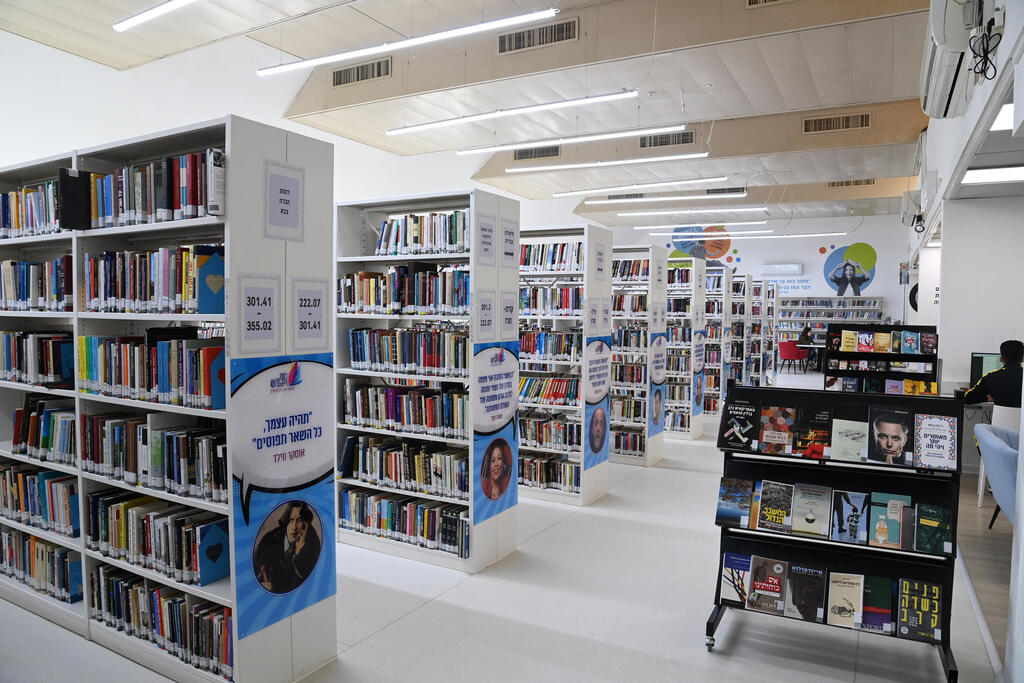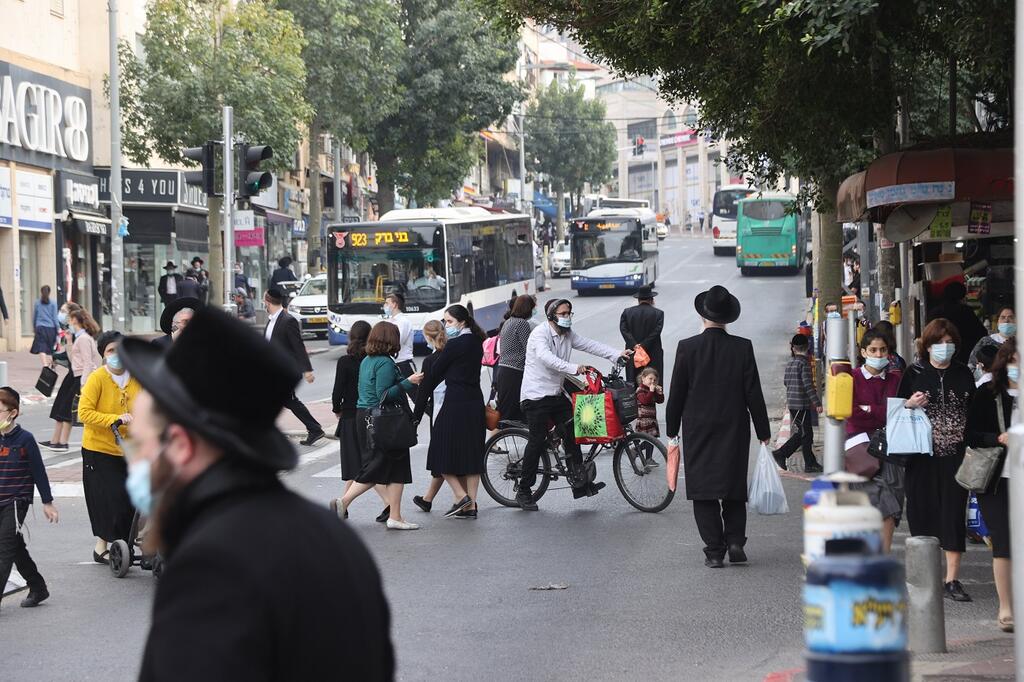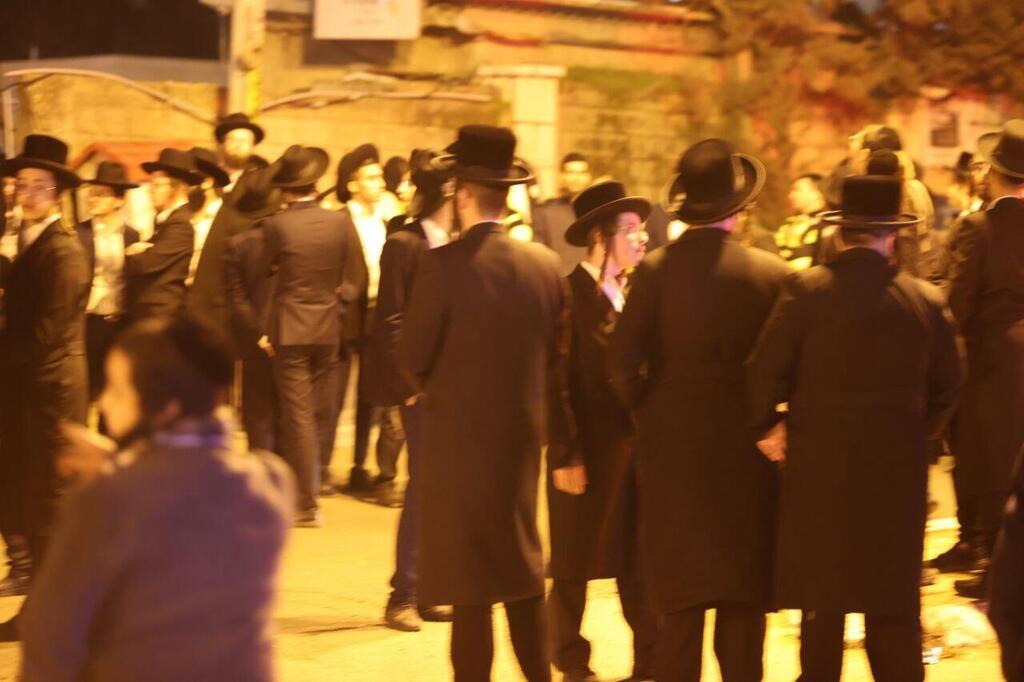Getting your Trinity Audio player ready...
The Bnei Brak Municipality was ordered to pay over $16,000 in compensation after it refused to lend certain books to a 26-year-old ultra-Orthodox woman because she was unmarried. In addition to the compensation, the court imposed $5,400 in legal expenses on the municipality.
“The injustice caused to the plaintiff, a citizen of the State of Israel, is an unfair act that could extend beyond the boundaries of the municipal library and even beyond the city of Bnei Brak. The defendant’s attempts to declare the library an ‘extraterritorial’ entity, where state laws do not apply, cannot be accepted,” wrote Judge Aviam Barkai in his ruling. “The decision to discriminate against the plaintiff and similar women solely because they are unmarried was made covertly. To this day, no proper decision, criteria, or rules regarding this matter have been presented—likely because they do not exist at all.”
According to the lawsuit, which sought just over $20,000 in damages, the library refused to lend the plaintiff certain books from the only public library in the city because she was single. The plaintiff stated that various requests to borrow books from the library were denied.
For example, in June 2022, she requested to borrow the book “Waiting Room”. However, a librarian told her that the book was “for adults only.” After further discussion, the librarian added that the book was intended “for married women only.” The plaintiff noted that, according to the book’s cover, it deals with the experiences of couples undergoing fertility treatments.
In another incident in November 2022, the plaintiff wanted to borrow the book which tells the story of four young people from different parts of the world meeting in Jerusalem and dealing with challenges such as housing, matchmaking, and more. In this case as well, the librarian initially claimed that the book was for adults only and later clarified that it was intended solely for married people.
The plaintiff later discovered that the books in question, along with others in the same category, were kept in a locked glass cabinet. According to the library’s regulations, these books were prohibited from being borrowed by single women. The lawsuit argued that, in the absence of clear criteria, the librarian was the one who decided which books would be included in this category and stored in the glass cabinet.
The plaintiff further claimed that her attempts to reach an agreement with the Bnei Brak Municipality to allow her and other single women to borrow “adult books” were ignored.
The Bnei Brak Municipality, argued that the library in question was not a public library in the traditional sense but rather a “religious library” that serves the ultra-Orthodox community and caters to its unique customs and needs. “The library’s rules were established in accordance with a religious Torah-based value system, which differs from that of a standard public library,” the municipality’s statement of defense claimed. The defendant clarified that it did not prevent the plaintiff from borrowing books in general—only specific books—and therefore argued that this did not constitute gender discrimination.
The Bnei Brak Municipality further argued that the library acted in accordance with its principles, and in the second case, the book in question addressed issues of male-female relationships, which were deemed “inappropriate for the plaintiff’s current spiritual state in this stage of her life.” The municipality added that the plaintiff’s claims of discrimination were an attempt to “artificially and unjustly frame the case within the framework of anti-discrimination law.”
Bible is fine, books on relationships are off limits
Judge Aviam Barkai partially accepted the plaintiff’s claim, ruling: “When there is a locked cabinet containing books prohibited to unmarried women, and when there is a debate about the contents of that cabinet, it is reasonable to expect the defendant to provide a list of the prohibited books... The prohibition on reading certain books is the result of a coercive decision that is not grounded in any regulation, and no examination was conducted before exercising this authority.”
The judge further noted that even the Bible, which was allowed to be read by the plaintiff, contains content related to women and gender relationships. “Even in the stories of the patriarchs, one can learn about Abraham, who feared for his life because of Sarah’s beauty and therefore asked her to say she was his sister,” the judge remarked. “These contents are permitted for the plaintiff to read—yet there remains a locked cabinet in the library, lest, heaven forbid, a single woman reads from it.”
The judge added a caveat, stating that to be fair, the defendant’s representative clarified that these “prohibited” books would also not be lent to single men. However, the representative was unable to explain how the library determined whether a borrower was single or married.
Get the Ynetnews app on your smartphone: Google Play: https://bit.ly/4eJ37pE | Apple App Store: https://bit.ly/3ZL7iNv
Ultimately, the court ordered the Bnei Brak Municipality to compensate the plaintiff with 60,000 shekels for discrimination. However, it ruled that there was no basis for additional compensation for emotional distress.
Adv. Brihan Saif and Reut Michaeli from the Legal Aid Unit of the Ministry of Justice (Tel Aviv District), who filed the lawsuit on behalf of the woman, responded: “Justice was served today with a young, ultra-Orthodox single woman who was brave enough to fight against discrimination. Preventing someone from reading a book also prevents education, leisure, and enjoyment. No consideration, even a religious one, can exclude women for being single or deny them the right to read freely.”
The Bnei Brak Municipality responded: “This is a library located in the heart of an ultra-Orthodox neighborhood, which serves this community in accordance with its customs and way of life. The Bnei Brak Municipality will study the ruling, draw conclusions, and act accordingly.”




